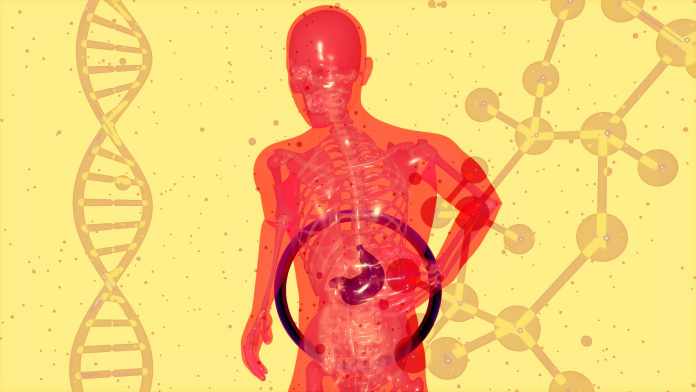The human liver performs various functions daily, including producing bile, converting nutrients from food, eliminating toxins from the blood, breaking down lipids, alcohol, and pharmaceuticals, regulating blood sugar & hormone levels, storing iron, and much more. As a result, most medical professionals advise against waiting for symptoms to materialize before becoming aware of the risk of liver disease. It is far preferable to diagnose a liver disease early on before it worsens. The top six factors for suffering from liver disease are covered in this article.
Table of Contents
Infection
Viruses and parasites can cause the liver to become inflamed, which impairs its ability to operate. These illnesses are easily disseminated by blood, semen, tainted food and water, contaminated surfaces, and even intimate touch with an affected person. The prevention of liver disease caused by viruses, including Hepatitis A, B, C, and E, requires maintaining good hygiene and sanitation.
Toxic Drugs
The liver is harmed when patients use liver-toxic medications while receiving treatment. Non-steroidal anti-inflammatory medicines, antibiotics, and antifungal medications are the most harmful to the liver. Such medications raise the possibility of negative effects and interfere with the liver’s proper operation. Additionally, the possibility of developing liver illnesses increases when several medications are administered at once.
Non-Alcoholic Fatty Liver Disease
Non-alcoholic fatty liver disease (NAFLD) might develop due to an accumulation of extra body fat in your liver cells. When this happens, your liver expands, and the liver tissue may become hard and scarred over time. You may be more prone to NAFLD if you have obesity, diabetes, or high blood sugar. Between the ages of 40 and 60, this ailment is rather frequent among middle-aged persons. Thus, maintaining a healthy exercise routine, adhering to a balanced diet, and scheduling a liver function test are necessary to prevent complications.
Excess Alcohol
Alcoholic fatty liver can develop with as little as four drinks per day for males and two for women, leading to liver inflammation (alcoholic hepatitis), scarring (cirrhosis), or even liver cancer. Your liver may already be permanently damaged when you begin to experience symptoms.
Liver Disease History
You can be more susceptible to liver issues if you or a member of your family has previously had a liver illness. For instance, hemochromatosis and hepatitis B or C are potential causes of liver cancer. You should watch out for symptoms if a close family has had a hereditary liver illness such as hemochromatosis, Wilson disease, or alpha-1-antitrypsin deficiency. You must abstain from alcohol if you, a member of your family, or someone close to you has liver disease.
Abnormalities in the Autoimmune System
Your immune system may occasionally erroneously target your own body’s cells which harms the liver, despite its rarity. When the immune system unjustly attacks the liver, it becomes inflamed, and this disease is known as autoimmune hepatitis. In another instance, the body’s natural defense wrongly attacks the bile duct and then loads it with harmful materials that damage it. Primary biliary cholangitis is the name given to this disorder. Primary sclerosing cholangitis is the term for the ailment that results when your bile duct is mistakenly damaged by the immune system’s natural process of eliminating toxins. Be cautious about getting frequent check-ups to prevent these issues from getting worse.
Planning an annual liver function test might help you remain one step ahead since some liver problems can develop without symptoms. In addition to exercise, a good diet and other lifestyle changes, including reducing alcohol use, can also help with prevention or management.
















